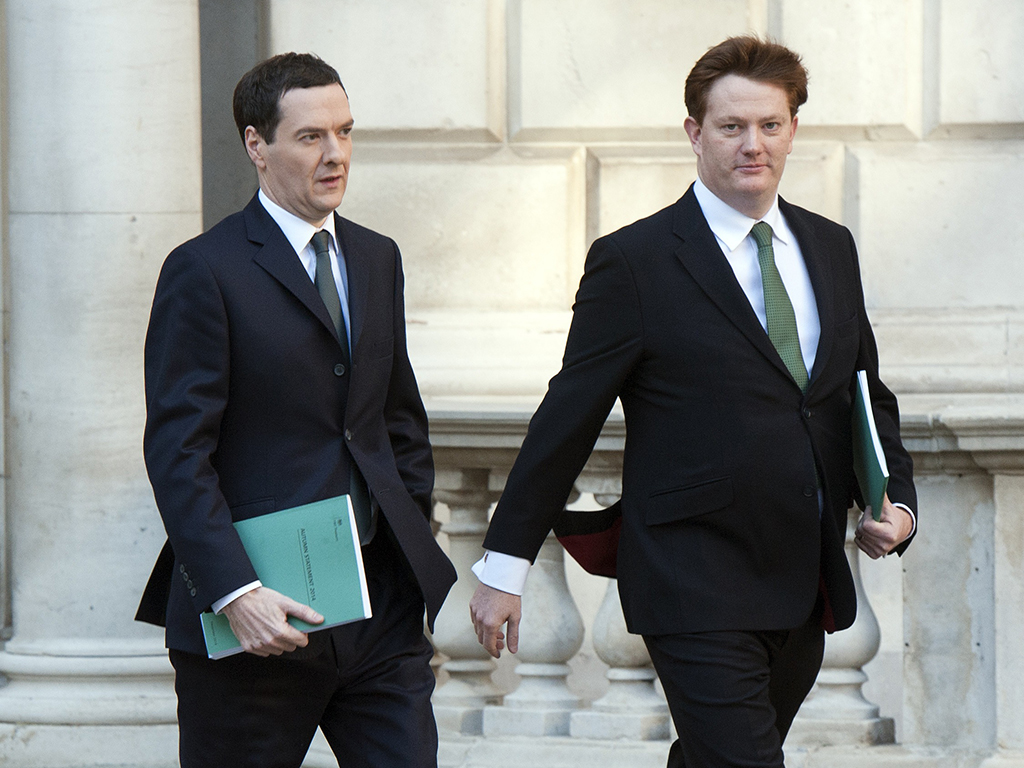
Marking one of the government’s last opportunities to butter up the public before the 2015 general election, British Chancellor George Osborne has delivered his highly anticipated Autumn Statement. Although many key points had already been published, including a £15bn injection of capital into UK roads, £2bn additional funding for the NHS and the selection of Bicester, Oxfordshire for the coalition’s second garden city, the Chancellor had a few more tricks up his sleeve.
Opening with good news, Osborne proudly announced that the UK economy is the fastest growing in the G7, with a 2.4 percent growth forecast for 2015, followed by 2.2 percent, 2.4 percent, 2.3 percent, and 2.3 percent in the years that follow. Unemployment is set to fall from six at present to 5.4 percent in 2015, and inflation in 2015 is predicted at 1.2 percent, down from 1.5 percent this year. Sadly this growth hasn’t led to the reduction of Britain’s budget deficit as expected, which, still hungover from the recession, has reached a peak. In 2010, the deficit forecast for 2014 was under £40bn, but instead it sits at around £100bn today.
Osborne proudly announced that the UK economy is the fastest growing in the G7
The national tax system is to be broken up regionally, with income tax devolved to Scottish Parliament, business rates to the Welsh government, and corporation tax to Northern Ireland. Additionally, a sovereign wealth fund for shale gas tax receipts will be introduced in the near future.
For the property sector there were significant stamp duty reforms, which will take effect almost immediately. The reforms will see fees become more progressive, meaning rates will only apply to the part of the property price that falls within each band. They will also likely hit those buying higher value properties harder, with the top rate of stamp duty for properties over £2m jumping from seven percent to 12 percent.
Fuel duty will remain frozen until May 2015, and loans of up to £10,000 will be made available to postgraduate students. The personal tax-free allowance will be raised to £10,600, with the higher rate band lifted to £42,385, and corporation tax will undergo a minor makeover too. A 25 percent rate will be imposed on profits earned in the UK for companies that previously shifted these funds overseas; a move predicted to raise £1bn over the next five years. Tax relief for SMEs will be doubled, and a £45m support package will be made available to exporters.
Also announced were plans for the £1.2bn fine paid by UK banks for foreign exchange rigging to go to health services, while the fine paid in the aftermath of the Libor scandal will provide funding for emergency services, Gurkhas, and veterans with hearing problems. Welfare spending will be cut by £1bn from the forecast in March, and a new policy preventing migrants from claiming unemployment benefits after six weeks if they still face ‘no prospect’ of work will be introduced.

